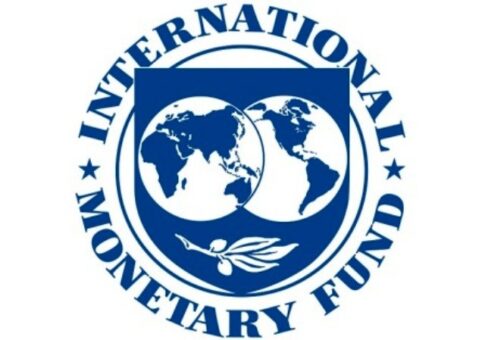ISLAMABAD: Pakistan’s headline inflation based on Consumer Price Index (CPI) increased sharply by 13.4 per cent in April 2022, according to details released on Sunday.
Pakistan Bureau of Statistics (PBS) said that CPI inflation General, increased by 13.4 per cent on year-on-year basis in April 2022 as compared to an increase of 12.7 per cent in the previous in March 2022 and 11.1 per cent in April 2021.
READ MORE: Pakistan’s headline inflation increases by 12.7% in March
On month-on-month basis, it increased by 1.6 per cent in April 2022 as compared to increase of 0.8 per cent in March 2022 and increase of 1.0 per cent in April 2021.
CPI inflation Urban, increased by 12.2 per cent on year-on-year basis in April 2022 as compared to an increase of 11.9 per cent in the previous month and 11.0 per cent in April 2021.
READ MORE: Food inflation rural increases by 14.6% in February 2022
On month-on-month basis, it increased by 1.6 per cent in April 2022 as compared to increase of 0.7 per cent in the previous month and increase of 1.3 per cent in April 2021.
CPI inflation Rural, increased by 15.1 per cent on year-on-year basis in April 2022 as compared to an increase of 13.9 per cent in the previous month and 11.3 per cent in April 2021.
On month-on-month basis, it increased by 1.6 per cent in April 2022 as compared to increase of 1.0 per cent in the previous month and increase of 0.6 per cent in April 2021.
READ MORE: Pakistan’s inflation climbs up 24-month high in January
Sensitive Price Indicator (SPI) inflation on YoY increased by 14.2 per cent in April 2022 as compared to an increase of 13.0 per cent a month earlier and an increase of 21.3 per cent in April 2021.
On MoM basis, it increased by 1.5 per cent in April 2022 as compared to increase of 0.6 per cent a month earlier and increase of 0.4 per cent in April 2021.
READ MORE: Sales tax exempted on all petroleum products
Wholesale Price Index (WPI) inflation on YoY basis increased by 28.1 per cent in April 2022 as compared to an increase of 23.8 per cent a month earlier and an increase of 16.6 per cent in April 2021.
WPI inflation on MoM basis increased by 3.2 per cent in April 2022 as compared to increase of 3.9 per cent a month earlier and a decrease of -0.4 per cent in corresponding month i.e. April 2021.




